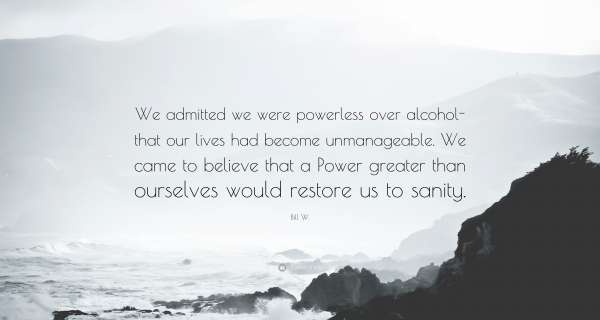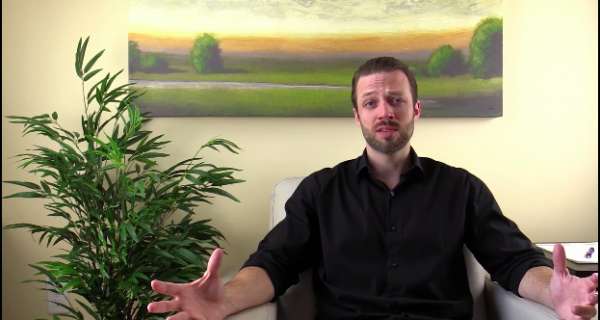A predominant symptom of trauma-related stress disorders, is acute or chronic tiredness; a severe shortage of mental and physical energy. It can occur after brief encounters that stimulate the release of natural hormones like adrenaline and cortisol, but can just as easily emerge during apparently calm or uneventful times.
With PTSD or CPTSD the inordinate mental and physical weariness, tiredness, exhaustion, burnout, loss of energy, or whatever it is perceived to be, can occur suddenly and unexpectedly, or it can be a persistent state of lingering fatigue and lethargy that escalates over a period of time.
When CPTSD sufferers experience chronic fatigue, they often force themselves to keep going, but can start dragging their feet, procrastinating, neglecting details or skipping small routines.
Eventually the feeling can become so overpowering that they simply throw in the towel and stay in bed.
These responses can easily be mistaken for simple laziness, sometimes even by the victims themselves.
It can take several days to recover from acute tiredness brought on by CPTSD, only for it to overwhelm the person again, within hours of recovery. The recurrence or persistence of excessive lassitude usually increases over time.
Once the neural adaptations and other factors settle into a semi-fused pattern, it becomes ever more difficult to combat the cycle of exhaustion.
It is known that stress activates our survival instincts.
When stress is acute or chronic, we can develop a neural “early-warning” system that keeps us in a constant state of hypervigilance. In this state, our muscles are always tense and ready to engage in physical “fight-or-flight” reactions. The muscles of CPTSD victims tend to be in this state all the time, even in calm, safe situations. The never-ending muscle tension saps their energy and leads to physical exhaustion.
CPTSD symptoms include suspicion, foreboding and a host of other invasive thoughts and triggers that have to be processed at intense mental levels. Scientific tests have shown that our brains use extraordinary amounts of energy. When the nervous system has a significant burden of work, it rapidly drains your energy. CPTSD sufferers have to cope with additional problems like sleeping disorders, perfectionism, obsessive compulsive disorder and other stimuli that tap extra energy.
Your body needs a certain amount of energy for its own maintenance and to enable you to perform your normal daily activities. However, when you use a significant volume of energy to cope with the affects of CPTSD, your body might simply not have enough energy to fuel all your needs, resulting in total exhaustion.
Clinically, the exhaustion produced by traumatic stress differs from depression and other disorders related to chronic fatigue syndrome, but many symptoms overlap. For the untrained person, it can be difficult to distinguish between these disorders.
People are often unaware that their abnormal tiredness is caused by trauma-related disorders. To prevent being penalised for underperforming, they attempt various solutions, such as exercise, diets, supplements and stimulants. Some of these offer temporary perks, but do not heal the cause.
Others turn to risky behaviours, or start using alcohol and drugs.
For CPTSD victims, part of the sense of tiredness may not be real. It can be due, for instance, to a mental response called “dissociation”, a state where you disconnect from your thoughts to avoid being overwhelmed by emotions. This coping method can virtually fool you into thinking you are tired.
There are several other scenarios that may cause the same type of deviation.
Analysing your feelings, rather than ignoring them, can expose unresolved trauma-related emotions that affect you and invoke exhaustion as a result of ongoing, often subconscious, stressors. This knowledge can empower you to prevent or limit exhaustion, but it requires professional help to master the process.
If you are not a lazy person by nature and know that you are experiencing an uncharacteristic lack of energy, you can nonetheless be accused of laziness by outsiders who dont understand that chronic fatigue has it's roots buried deep in complex trauma responces. The fatige manifests by attacking immune system that consequentially causes a range of symptoms outlined later in this article.
What may confuse you is the reason for your condition, especially after you had tried dietary and other solutions without success. In that case, it can be beneficial to consult a psychotherapist or psychiatrist, as there are reliable evaluation and recovery methods available that deliver results beyond those achievable with self-help books and herbal remedies.
Signs of stress-related exhaustion
Signs of stress-related exhaustion are physical and mental in nature:
- Loss of normal energy levels
- Persistent tension, nervousness
- Muscle aches, pains and cramps
- Real or imagined muscle weakness
- Abnormal, disrupted sleep pattern
- Dissociation, isolation, withdrawal
- Feeling demotivated, disinterested
- Poor concentration and response
- Skipping of normal daily routines
- Procrastination, finding excuses
- Poor work performance
- Poor diet, loss of appetite
- Gastrointestinal problems
- Reckless, risky behaviour
- Self-medicating for energy
- Negativity and hopelessness
- Alcohol and drug usage
Disclaimer: Public platforms provide general information for broad audiences. Individuals are required to consult suitably qualified professionals for personal legal and health advice.
Article submitted by Dr Johan van Zyl of Recovery Direct Treatment Centres in South Africa













